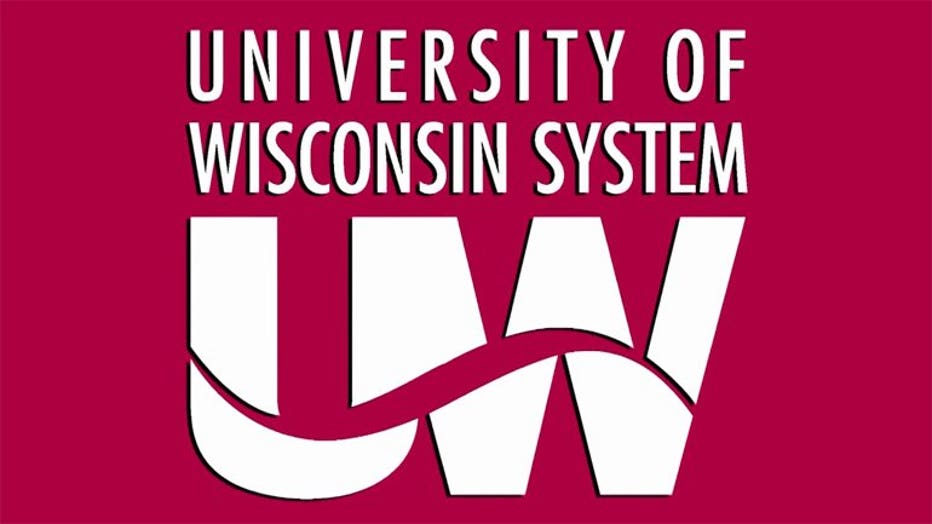UW Regents approve budget with tuition-forgiveness program
MADISON, Wis. - The University of Wisconsin Board of Regents on Thursday unanimously approved a state budget request that would increase spending by 3.5% in each of the next two years, create a new program to cover the tuition of lower-income families and borrow up to $1 billion to mitigate losses caused by the coronavirus pandemic.
The $6.4 billion budget would also continue a 7-year-old tuition freeze that university leaders have argued for years is unsustainable but that is politically popular. The spending plan, which includes $1.9 billion in state funding, is very much a starting point in negotiations that will be ongoing over the next year.

The proposal now goes to Democratic Gov. Tony Evers, who will decide what to include in his budget that is submitted to the Republican-controlled Legislature early next year. Lawmakers will make further changes before sending it back to Evers next summer for his signature or veto.
UW's interim president, former four-term Republican governor Tommy Thompson, vowed to advocate strongly for the budget, which would increase spending by nearly $96 million in the budget that begins in July 2021. He argues that UW should be well funded because it is an economic engine that will fuel the state's recovery from COVID-19.
He said the Legislature doesn't trust the university and his goal is get Republicans and Democrats to unite behind UW's priorities.
“We are in this together to grow Wisconsin,” Thompson said.
Evers and Republican legislative leaders have not commented on the specifics of the budget proposal, which is certain to undergo big changes before it's ultimately enacted into law, likely early next summer.
The Evers' administration this spring predicted a $2 billion loss in state revenues due to the pandemic. Evers has already ordered $320 million in cuts across state government, nearly $120 million of which has fallen to the university system to shoulder. Campuses are laying off employees, ordering furloughs, curtailing travel, cutting programs and making other spending reductions, with more anticipated.
Thompson said the new budget request adding nearly $96 million after taking $120 million in cuts so far this year would “get us back close to even.”
Allowing UW to join other major universities in being able to borrow money to get through the temporary budget shortfalls caused by the pandemic would be a substantial tool to get through this period, Thompson said.
“Do you know any $6 billion entity that doesn’t have a line of credit?" he said. "I do. The University of Wisconsin.”
The centerpiece of the budget proposal is the Wisconsin Tuition Promise, a pledge to pay up to four years’ worth of tuition and fees at any UW campus for incoming state resident freshmen and transfer students whose families make $60,000 or less. The initiative is modeled after UW-Madison’s Bucky’s Tuition Promise, which covers tuition for resident freshmen and transfer students at the state’s flagship university.
The budget also would expand and enhance online courses; forgive teachers’ student loans; provide stipends for student teachers; add 20 county-based agriculture positions in the Division of Extension at UW-Madison; and expand student mental health services and classes for prisoners.
The approved budget would also include $1.2 billion in state-funded borrowing to pay for renovations across the system and an additional $4.5 million for the Wisconsin Grant-UW, the state’s largest financial aid program for system students. The program was short nearly $2.3 million last year, according to UW.
The regents also voted to allow the flagship Madison campus to not require undergraduate applicants to submit ACT or SAT scores through the summer of 2023 due to disruptions caused by the COVID-19 pandemic. The campus previously suspended the requirement through the end of this year. Extension of that policy will affect high school seniors through current juniors.
Suspending the test requirement also meets a broader goal of the university to study over a longer period of time how the policy might affect the composition of its incoming classes, UW-Madison said. Students will be permitted to self-report their scores.

